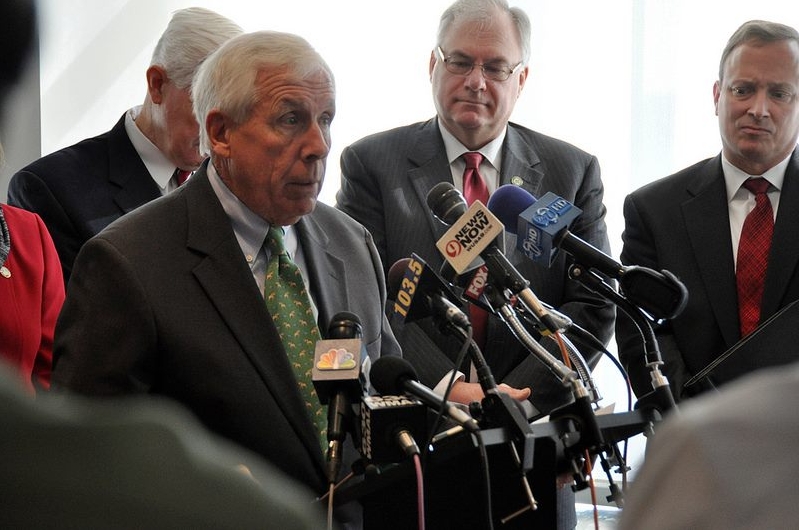
Religious minorities worldwide hope the creation of the new Wilberforce Initiative's International Religious Freedom scorecard will promote religious freedom as a "fundamental human right." The scorecard was introduced at the National Press Club on Tuesday. It measures the participation of Congressional members in promoting international religious freedom, chiefly through legislation and caucusing. It is planned to be released twice a year.
"We know that religious liberty is more than just freedom of conscience. It touches everything from national security to trade policy to the fundamental values of what it means to be an American," said former congressman Frank Wolf, in an article published by the journal Eurasia Review.
Wolf said he was hopeful the scorecard will be a tool to provide encouragement, and an opportunity to increase awareness and advocacy, as well as to support "the cause of religious freedom in the House and the Senate."
"It leverages the collective will of the American people expressed through their representatives in Congress," Wolf stated while announcing the initiative.
"Individuals, people of faith, need to know how their representatives are working on this vital issue of religious freedom. In fairness to members of Congress, if they don't hear from their voters, they may not think their voters care."
Members are slated to be rated for sponsoring, co-sponsoring, or voting for bills and resolutions approved by the Wilberforce Initiative. One example of relevant legislation would be the H. Con. Res. 75, a concurrent resolution introduced in September calling ISIS atrocities inflicted on Christians and other religious and ethnic minorities "genocide."
The resolution currently has only 175 co-sponsors, aside from its two original sponsors Rep. Jeff Fortenberry (R-Neb.) and Rep. Anna Eshoo (D-Calif.), out of 435 House members, Wolf noted to Eurasia Review.
The Wilberforce tool also will monitor members who participate in caucuses such as the Congressional International Religious Freedom Caucus and the Religious Minorities in the Middle East Caucus. These groups promote information and advocacy on behalf of persecuted religious minorities and persons targeted for their beliefs.
"We also know that there are countless ways that members and their staff work behind the scenes to advance the cause of religious liberty," Wolf said.
Religious minorities worldwide are threatened by a "communal majoritarianism," said Farahnaz Ispahani, journalist and former member of Pakistan's National Assembly, in the journal article. She cited anti-Semitism and Islamophobia in Europe, Christians persecuted in the Middle East, North Africa, China, and North Korea, and the persecution of both Muslims and Christians in India and Myanmar, as examples.
The percentage of Christians as part of the total Middle Eastern population fell from 20 percent at the start of the 20th century to just 5 percent now, she said. In Pakistan, religious minorities made up 23 percent of the population before the 1947 partition, but now they are only 3 percent of the populace.
"The current practice of ignoring violations of the principle of freedom of belief for strategic or political reasons neither sets U.S. foreign policy objectives, nor does it represent America's lofty principles," she said.
Wolf said religious freedom is important because it supports human dignity, social cohesion, independent thinking, and the ability to authentically live lives that pursue truth, justice, and mercy.






